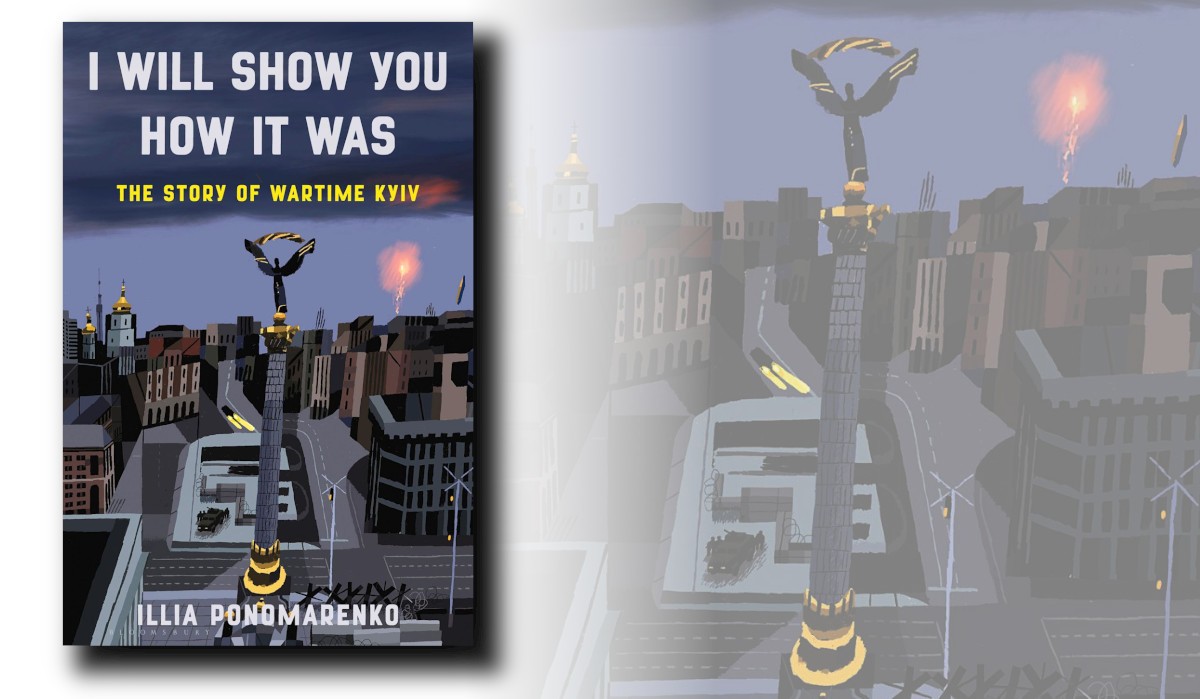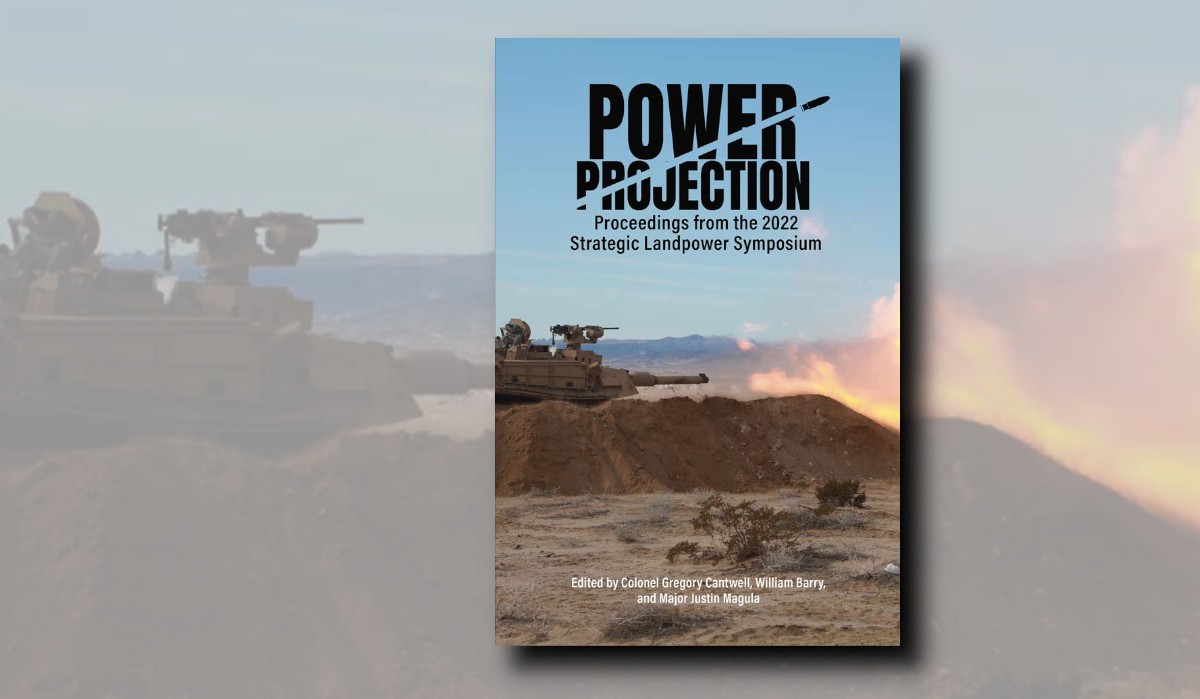2(AS) Division PME Program
'The Defence Strategic Review and National Defence Strategy: Implications and Outcomes for the Australian Army'
Magic weapons, political influence and resistance
The National Defence Strategy (NDS) and Integrated Investment Program (IIP) recognises strategic urgency and Australia’s challenging strategic circumstances.[i] Those circumstances, described in the Defence Strategic Review (DSR)[ii] and the NDS itself explicitly call out Russia, China, North Korea and Iran as destabilising influences and “examples of how revisionist states can undermine peace and security”.[iii] The NDS also notes that “grey zone activities have also expanded in the Indo-Pacific. In addition to conventional military forces, some countries are employing para-military forces more frequently, including China’s actions in the South China Sea. The threats posed by state and non-state actors in the cyber domain are also multiplying.” [iv] Indeed in 2021, the China’s Peoples’ Liberation Army unit 61398 was referred to as an Advanced Persistent Threat (APT)1.[v] This year, the Australian Signals Directorate issued an advisory of a malicious hacking group that “repeatedly targeted Australian networks as well as government and private sector networks in the region”.[vi] These acts were linked to APT40, an entity associated with China’s ministry for state security. These are the obvious and visible instances of foreign influence, but there are other more subtle activities.
Political warfare is not a new phenomenon, it has been practised for thousands of years. While it is not unique in using this method of warfare, China has become quite a good practitioner.[vii] The CCP seems intent on dividing and diminishing the US and its allies. In doing so, the aim seems to be to “win friends to their side, influence governments and eliminate dissent inside China and in other countries.”[viii] In a nutshell, the CCP is seeking widespread adoption of its worldview via global narratives. These narratives includes five key messages. 1) Chinese dominance is the historical norm and is inevitable; 2) the objectives of the CCP are permanent and unchanging; 3) a CCP-led China is fundamentally un-deterrable; 4) the CCP is prepared to pay any price to achieve its core objectives; and 5) the US is an increasingly weak and unreliable ally. The PRC’s aim for the rest of the world to that it accept this narrative as a given, and therefore compromise positions in deference to those of China.
In giving effect to these narratives, the CCP attempts to curb and shape debates on China beyond its own borders.[ix] Additionally, the PRC seeks to ensure control over ethnic Chinese globally, regardless of their nationality or citizenship.[x] The key capability that conducts these activities is known as the ‘United Front Work Department’.[xi] Bypassing formal structures, it erodes the strength, will and resolve of institutions and isolates them from their allies and partners. During a September 2014 speech by PRC President Xi Jinping, he described the threats and political influence activities used to give effect to these narratives as the CCP’s ‘magic weapons’.[xii]
The Australian Army’s Opportunity for Magic Weapons
The NDS spells out Australia’s security strategy as one of denial. Simply put, this entails “altering any potential adversary’s belief that it could achieve its ambitions with military force at an acceptable cost”.[xiii] Australia shares these strategic interests with like-minded partners and Allies including: “the US, … New Zealand, Japan, our partners in Southeast Asia and the Pacific family, the Republic of Korea, India as well as the UK and other European nations”.[xiv]
While the strategy is clear (as are strategic interests, objectives and tasks), the bridge between the strategic and tactical levels is yet being realised. This deficit raises a key question concerning the implications for the Australian Army. Developing understanding so as to solve these problems are essential functions of military leaders.[xv] As practitioners in the profession of arms, we must engage with these topics to better understand and succeed in our assigned missions.[xvi]
Professor Anne-Marie Brady has undertaken compelling analysis of how the CCP have interfered in politics and institutions within Australia.[xvii] In her view, the CCP believes it is in a position of relative strength over its neighbours – that it can push and that others are neither capable, nor willing, to push back. In a talk hosted by 2(AS) Division and streamed by The Cove on Tuesday 24 September, Professor Brady will discuss implications for the Australian Army of the PRC’s use of ‘magic weapons’. This discussion will support our understanding of Army’s role in defence of the nation, a role with significant importance for 2(AS) Division, the Army and the ADF and a whole.
Details
- When: 16.30-17.30 [AEST] Tuesday 24 September
- Where: Randwick Barracks Officer’s Mess (all ranks welcome)
- Livestream: cove.army.gov.au (best accessed outside the DPN)
About the Speaker
Professor Brady is a specialist of Chinese politics (domestic politics and foreign policy), polar politics, China-Pacific politics, and New Zealand foreign policy. She is a fluent Mandarin Chinese speaker. She is the founding and executive editor of The Polar Journal (Taylor and Francis Publishers). She has published ten books and over fifty scholarly papers. She has written op eds for the New York Times, The Guardian, The Australian, Sydney Morning Herald, The Financial Times, among others.
In addition to her role at the University of Canterbury, Professor Brady holds a number of honorary positions. She is a Global Fellow at the Woodrow Wilson Centre in Washington DC and a Senior Fellow at the Australian Strategic Policy Institute. In 2014, she was appointed to a two-year term on the World Economic Forum's Global Action Council on the Arctic. She is an advisor to the Inter-Parliamentary Alliance on China (IPAC).
Professor Brady's recent books include Marketing Dictatorship: Propaganda and Thought Work in Contemporary China (Rowman and Littlefield, 2008), China's Thought Management (Routledge, 2012), The Emerging Politics of Antarctica (Routledge, 2013), China as a Polar Great Power (Cambridge University Press and Wilson Press, 2017), and Small States and the Changing Global Order: New Zealand Faces the Future (Springer, 2019).
Endnotes
[i] 2024 National Defence Strategy. 17 April. Accessed August 16, 2024. https://www.minister.defence.gov.au/media-releases/2024-04-17/2024-national-defence-strategy. (Department of Defence 2024)
[ii] “National Defence: Defence Strategic Review, 2023 (Australian Government, 2023).” National Defence: Defence Strategic Review, 2023. 24 April. Accessed August 16, 2024. https://www.defence.gov.au/about/reviews-inquiries/defence-strategic-re….(Department of Defence 2023), p23
[iii] 2024 National Defence Strategy. 17 April. Accessed August 16, 2024. https://www.minister.defence.gov.au/media-releases/2024-04-17/2024-national-defence-strategy. (Department of Defence 2024), p14
[iv] 2024 National Defence Strategy. 17 April. Accessed August 16, 2024. https://www.minister.defence.gov.au/media-releases/2024-04-17/2024-national-defence-strategy. (Department of Defence 2024), p14
[v] “APT1 Exposing one of China's Cyber Espionage units.” Mandiant.com. 30 December. Accessed September 05, 2024. https://www.mandiant.com/resources/reports/apt1-exposing-one-chinas-cyber-espionage-units (Mandiant 2021)
[vi] “Australia has accused China of backing a cyber espionage group. Here's what you need to know.” ABC News. 11 July. Accessed September 05, 2024. https://www.abc.net.au/news/2024-07-11/australia-accusation-china-cyber-espionage-explained/104082308 (Issak 2024)
[vii] Political Warfare stategies for combating China's plan to "win without fighting". Quantica, Virginia: Marine Corps University Press. (Gershaneck 2020), pp xi-xix
[viii] “United States Studies Centre.” We must not fall for Beijing’s magical narrative. 27 April. Accessed September 05, 2024. https://www.ussc.edu.au/we-must-not-fall-for-beijings-magical-narrative (Lee 2021)
[ix] “Resisting China’s.” The Interpreter. 27 September. Accessed September 05, 2024. https://www.lowyinstitute.org/the-interpreter/resisting-china-s-magic-weapon (A.-M. Brady 2017), p1
[x] “Encircling the city from the countryside: a template of CCP united front work at subnational level.” In Taking the Low Road China's influence in states and territories, by (Ed) John Fitzgerald, pp 183-195. Canberra: Lowy Institute. (Professor A.-M. Brady 2017), p2
[xi] “The United Front Work Department: “Magic Weapon” at Home and Abroad.” The Jamestown Foundation, China brief Vol: 17 Iss: 9. 6 July. Accessed September 05, 2024. https://jamestown.org/program/united-front-work-department-magic-weapon-home-abroad/ (Beaumelle, Marcel Angliviel de la. 2017)
[xii] “Resisting China’s.” The Interpreter. 27 September. Accessed September 05, 2024. https://www.lowyinstitute.org/the-interpreter/resisting-china-s-magic-weapon (A.-M. Brady 2017)
[xiii] 2024 National Defence Strategy. 17 April. Accessed August 16, 2024. https://www.minister.defence.gov.au/media-releases/2024-04-17/2024-national-defence-strategy. (Department of Defence 2024), pp21-25
[xiv] 2024 National Defence Strategy. 17 April. Accessed August 16, 2024. https://www.minister.defence.gov.au/media-releases/2024-04-17/2024-national-defence-strategy. (Department of Defence 2024), P12.
[xv] “Thoughts on Generalship: Lessons from two wars.” Australian Army Research Centre. Accessed July 18, 2024. (Day, Stephen. 2015)
[xvi] “‘Evolving an intellectual edge’ Professional Military Education for the Australian Army.” Australian Army. Accessed July 18, 2024. (Australian Army 2017)
[xvii] “Encircling the city from the countryside: a template of CCP united front work at subnational level.” In Taking the Low Road China's influence in states and territories, by (Ed) John Fitzgerald. Canberra: Lowy Institute. (Professor A.-M. Brady 2017)



